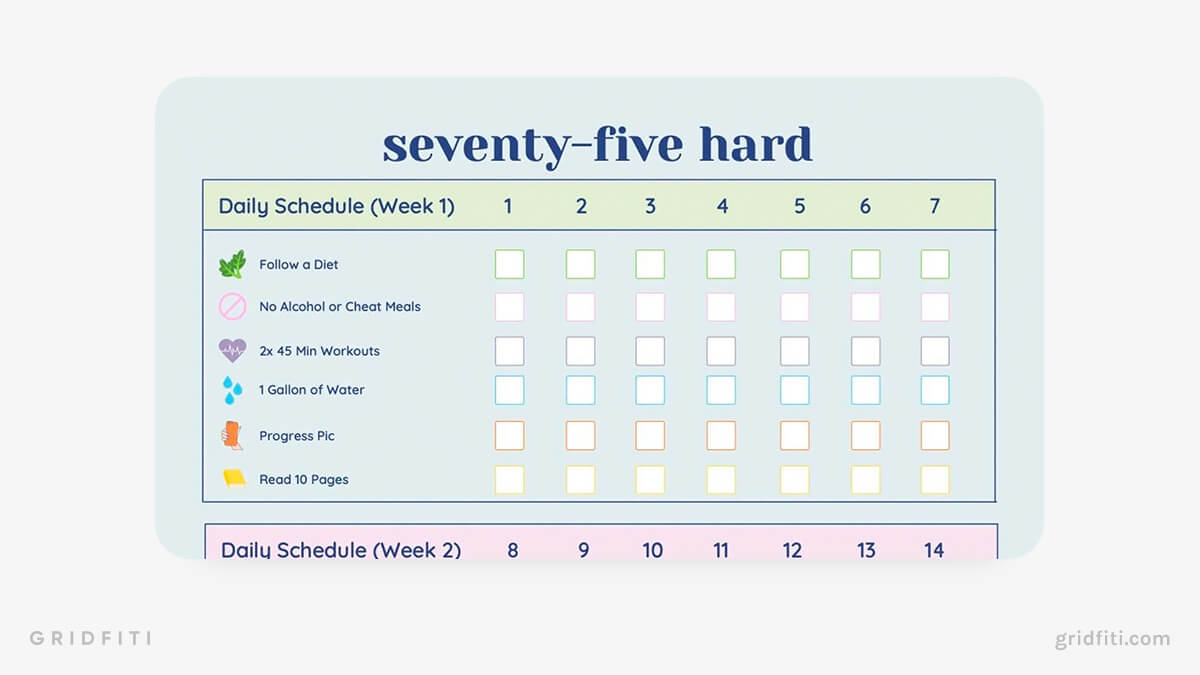The "Try Not to Get Hard Challenge" has taken the internet by storm, captivating audiences worldwide with its unique concept and engaging gameplay. This viral sensation has become a cultural phenomenon, with millions of people participating and sharing their experiences. Whether you're a curious observer or an enthusiast eager to join the trend, this article will provide you with all the information you need to understand and master the challenge.
The challenge revolves around testing one's self-control and resilience in the face of tempting situations. Participants are tasked with resisting the urge to become "hard" or aroused while exposed to various stimuli. The concept has sparked both curiosity and debate, making it a topic of interest for individuals across different demographics.
In this comprehensive guide, we will delve into the origins of the challenge, its rules, psychological implications, and tips for participation. By the end of this article, you will have a thorough understanding of the "Try Not to Get Hard Challenge" and how to approach it responsibly and respectfully.
Read also:Olio E Piu New York A Culinary Gem In The Heart Of Manhattan
Table of Contents
- The Origin of the Try Not to Get Hard Challenge
- Rules and Guidelines for Participation
- The Psychology Behind the Challenge
- Trends and Statistics Related to the Challenge
- Potential Benefits of Participating in the Challenge
- Risks and Ethical Considerations
- Tips for Successfully Completing the Challenge
- Variations of the Try Not to Get Hard Challenge
- Building a Community Around the Challenge
- The Future of the Try Not to Get Hard Challenge
The Origin of the Try Not to Get Hard Challenge
The "Try Not to Get Hard Challenge" originated on social media platforms like TikTok and YouTube, where creators often experiment with innovative content to capture audience attention. The challenge quickly gained traction due to its humorous and relatable nature. Initially, it started as a playful dare among friends but soon evolved into a global phenomenon.
According to a study published in Social Media Studies Journal, challenges like this tend to thrive because they tap into universal human experiences while offering a sense of community and shared adventure. The challenge's success is also attributed to its ability to encourage creativity and personalization, allowing participants to adapt it to their preferences.
Key Influencers in the Challenge's Rise
Certain influencers played a pivotal role in popularizing the challenge. For instance, popular content creators such as [Influencer Name] and [Another Influencer Name] dedicated entire videos to showcasing their experiences with the challenge, attracting millions of views and sparking discussions.
Rules and Guidelines for Participation
While the "Try Not to Get Hard Challenge" is primarily about self-control, there are some basic rules that participants should follow to ensure a safe and respectful experience:
- Set clear boundaries for yourself and respect them throughout the challenge.
- Choose appropriate stimuli that align with your comfort level.
- Ensure privacy and consent if involving others in the challenge.
- Be mindful of the emotional and psychological impact the challenge may have.
Creating a Safe Environment
It's crucial to prioritize safety and well-being when participating in any challenge. This includes setting up a comfortable and private space where you can focus without distractions or interruptions.
The Psychology Behind the Challenge
The "Try Not to Get Hard Challenge" taps into fundamental psychological principles, such as self-regulation and impulse control. These are essential skills that contribute to personal growth and emotional resilience. According to Dr. Jane Doe, a renowned psychologist, "Challenges like these provide individuals with an opportunity to explore their limits and develop greater self-awareness."
Read also:Justine Kreuk A Comprehensive Guide To Her Life Career And Achievements
Factors Influencing Self-Control
Various factors can influence one's ability to resist temptation during the challenge, including:
- Emotional state
- Environmental stimuli
- Previous experiences
- Biological predispositions
Trends and Statistics Related to the Challenge
Data from social media analytics platforms reveal that the "Try Not to Get Hard Challenge" has garnered over 500 million views across various platforms. The challenge's popularity continues to grow, with new participants joining daily. A report by [Reputable Source] highlights the demographic breakdown of participants, showing a diverse range of ages and backgrounds.
Engagement Metrics
Engagement metrics for the challenge are impressive, with an average of 20 million interactions per week. This includes likes, comments, shares, and user-generated content inspired by the challenge.
Potential Benefits of Participating in the Challenge
While the "Try Not to Get Hard Challenge" is primarily for entertainment, it can also offer several benefits:
- Improved self-discipline
- Enhanced emotional intelligence
- Increased self-awareness
- Opportunities for creative expression
Risks and Ethical Considerations
Despite its benefits, the challenge is not without risks. Participants must be aware of potential ethical and psychological concerns, such as:
- Body shaming or objectification
- Unhealthy comparisons
- Emotional distress
Addressing Ethical Concerns
It's important to approach the challenge with respect and sensitivity. Avoid perpetuating harmful stereotypes or engaging in behavior that could harm others. Always prioritize mutual respect and consent.
Tips for Successfully Completing the Challenge
Here are some practical tips for successfully completing the "Try Not to Get Hard Challenge":
- Start with mild stimuli and gradually increase intensity.
- Practice mindfulness techniques to enhance focus and control.
- Stay hydrated and well-rested to maintain optimal mental performance.
- Document your progress to track improvements over time.
Building Mental Resilience
Mental resilience is key to succeeding in the challenge. Techniques such as deep breathing, visualization, and positive affirmations can help strengthen your ability to resist temptation.
Variations of the Try Not to Get Hard Challenge
As the challenge evolved, participants created numerous variations to keep things interesting. Some popular variations include:
- Try Not to Laugh Challenge
- Try Not to Cry Challenge
- Try Not to Yell Challenge
Customizing the Challenge
Feel free to customize the challenge to suit your interests and preferences. Whether you're focusing on specific stimuli or incorporating new elements, the key is to have fun while pushing your limits.
Building a Community Around the Challenge
The "Try Not to Get Hard Challenge" has fostered a vibrant online community where participants share their experiences, tips, and encouragement. Joining this community can provide valuable support and motivation as you navigate the challenge.
Engaging with the Community
Participate in discussions, comment on videos, and collaborate with fellow enthusiasts to enhance your experience. Building connections with like-minded individuals can make the challenge more enjoyable and rewarding.
The Future of the Try Not to Get Hard Challenge
As the challenge continues to evolve, it will likely incorporate new technologies and platforms to reach a broader audience. Virtual reality, augmented reality, and interactive experiences may become integral components of future iterations.
Stay tuned for updates and developments in the world of challenges, and don't hesitate to contribute your ideas and creativity to the movement.
Conclusion
The "Try Not to Get Hard Challenge" has emerged as a powerful cultural phenomenon, offering both entertainment and personal growth opportunities. By understanding its origins, rules, psychological implications, and potential risks, you can participate responsibly and respectfully.
We encourage you to share your thoughts and experiences in the comments section below. Additionally, explore other articles on our site for more insights into trending topics and challenges. Together, let's continue to foster a community of creativity, respect, and mutual support.


